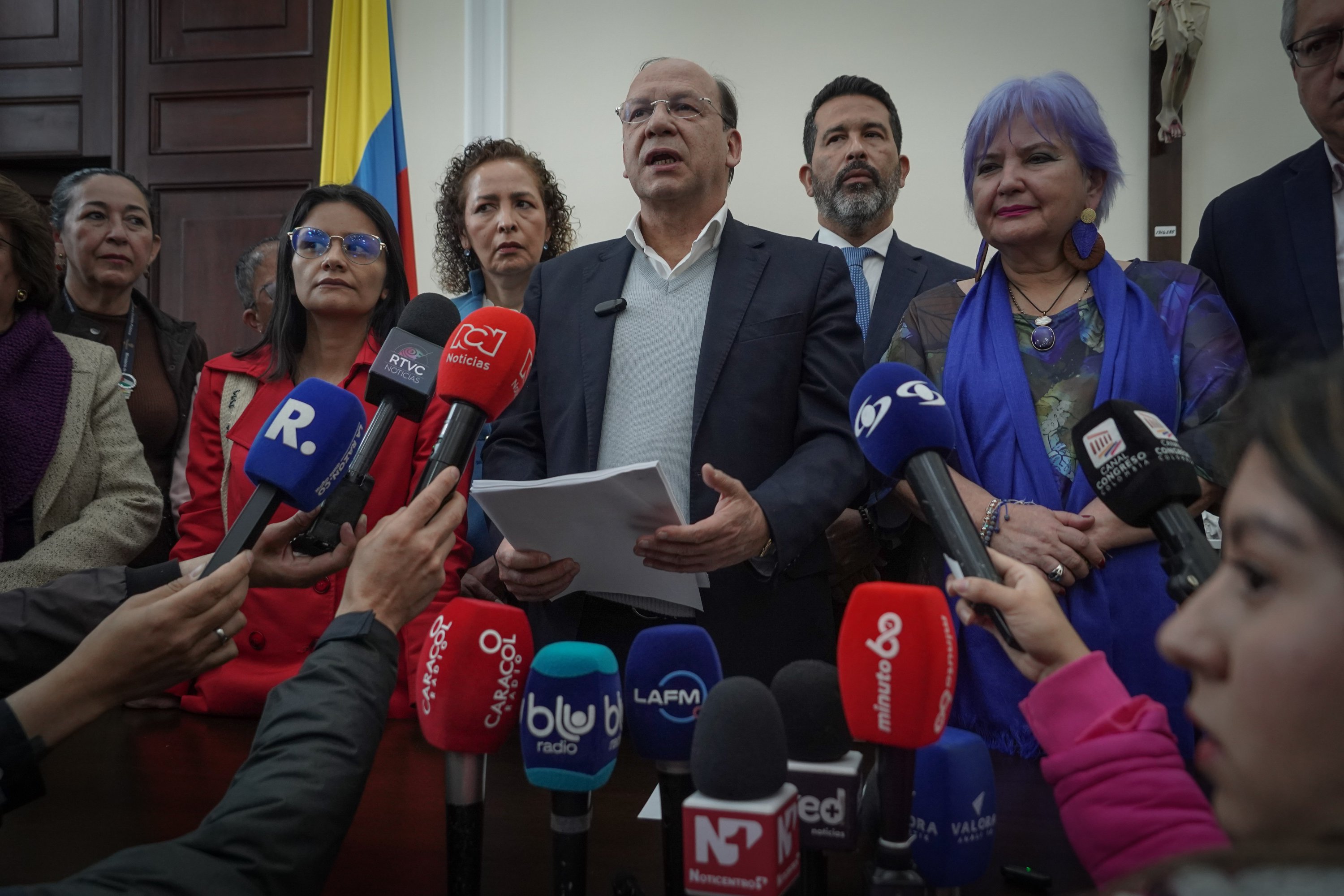Inheriting a house would be more expensive with the tax reform: these are the highest taxes you would have to pay

Inheriting a home could become more expensive if the financing law, better known as tax reform, is approved. It seeks to raise 26.3 billion pesos to finance the 2026 General National Budget.

Would inheritance be more expensive? Photo: iStock
This is because Article 21 of the bill submitted by the Government to Congress indicates that while the first 13,000 UVTs of the value of a residential property are currently exempt from the occasional capital gains tax, which currently amounts to 647.3 million pesos, those that do not exceed the maximum value set for Social Interest Housing (VIS) would now be exempt.
In 2025, the price of VIS housing has a maximum cap of 135 times the current legal monthly minimum wage, equivalent to approximately 192.1 million pesos. In major cities, this figure reaches 150 times the minimum wage, or approximately 213.5 million pesos. This means that only that price would be exempt.
In addition, lawyer Mabel Sepúlveda indicates that currently, exempt occasional gains of 6,500 UVT (323.6 million pesos in 2025) are also allowed if you inherit other real estate and an additional 3,250 UVT (161.8 million pesos) on all allocations received by the surviving spouse, heirs or legatees , which means that no occasional gain tax is paid or a lower tax is paid.
"The bill seeks to significantly reduce the current tax benefits for inheritances. The maximum values for Social Interest Housing (VIS) would substantially reduce the tax-free portion. In practice, this change would mean that more Colombians would have to pay taxes when inheriting, even on modest estates," he stated.
Article 302 of the Tax Code establishes that inheritances, legacies, and donations are considered occasional gains.

Finance Minister Germán Ávila submits the new tax reform. Photo: Mauricio Moreno. El Tiempo
Currently, these taxes are charged at a rate of 15 percent, meaning that if a taxpayer receives an inheritance, they should declare it as a windfall at this rate after subtracting the exempt portion.
Two real examples: The expert gave two real-life examples of what the increase could look like:
Juan inherits his deceased father's house, which generates an occasional profit of 600 million pesos. He also receives a farm worth 600 million pesos. In total, these two properties are worth 1.2 billion pesos.
The current tax statute allows Juan to claim exempt occasional income up to 1.085 billion pesos, therefore:
1.2 billion pesos - $1.085 billion pesos = $114.4 million pesos.
On this value, the person would pay an occasional profit tax of 17.1 million pesos.
With the reform project:
However, if the new tax system were to be introduced, Juan's exempt occasional earnings would be reduced to 270 minimum wages or approximately 384.3 million pesos, therefore:
1.2 billion pesos - 384.3 million pesos = $815.6 million pesos.
The tax would be approximately 122.3 million pesos.

Inheritances Photo: iStock
That same person inherits a house worth 250 million pesos upon his father's death.
If things don't change, that person wouldn't have to pay any taxes on that occasional profit, as that value is exempt. What they would pay would be both the notary fees and the lawyer who handles the process, which are estimated at around 13 million euros.
With the reform project:
However, if the bill is approved by Congress, this person would be charged a tax of 8.6 million pesos, plus notary and attorney fees, for a total of approximately 21.6 million pesos.
eltiempo




